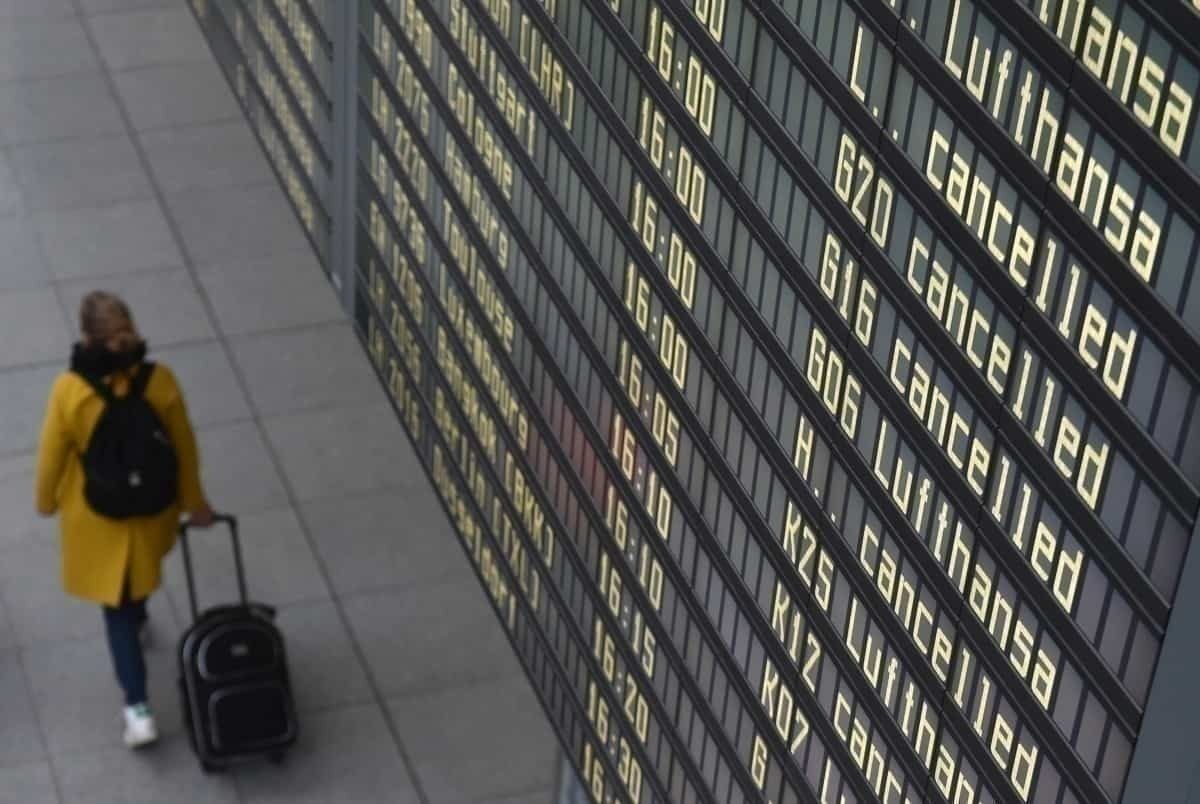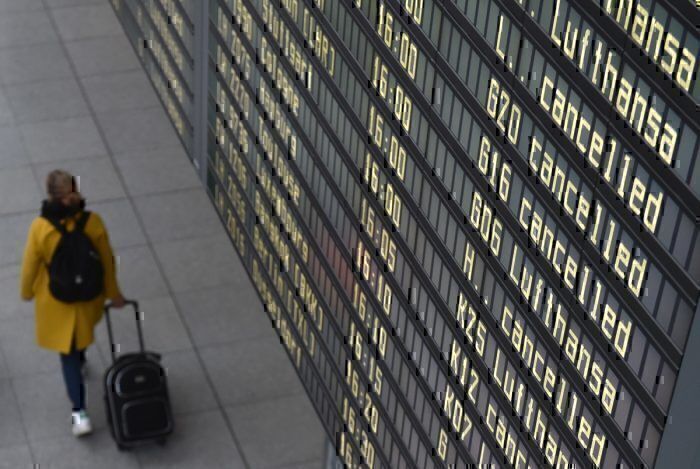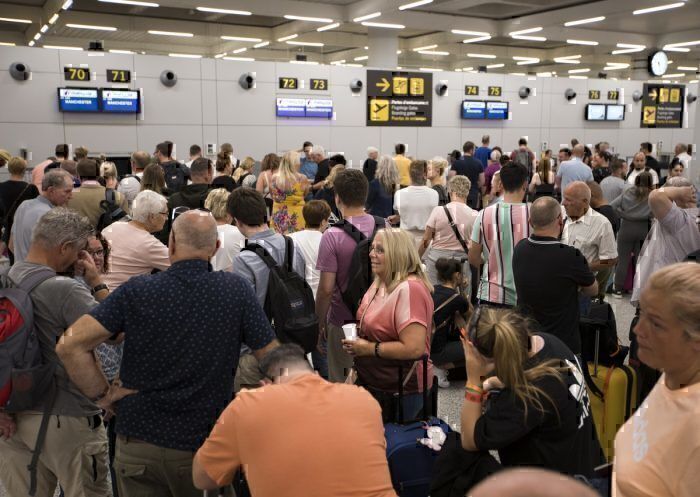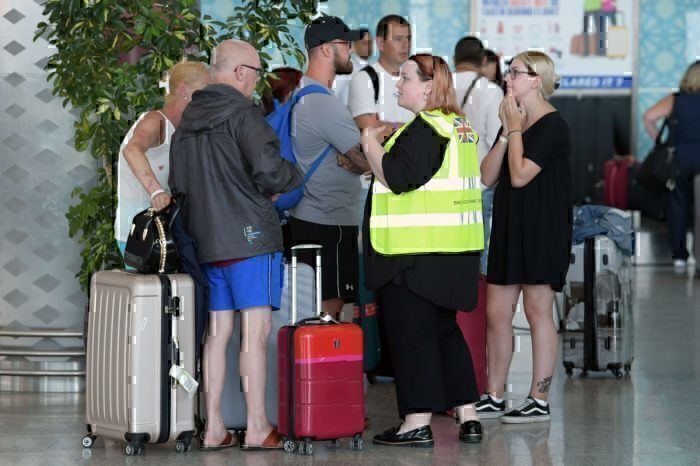Travel disruptions are not only inconvenient for passengers. For airlines, they present a period of increased pressure when policy and expectation management really matter. Soft costs can be a big financial burden on airlines around busy travel times, but social media can help. To better understand what issues airlines face, we caught up with an expert.
Maintaining customer satisfaction
When it comes to travel disruption, airlines do not only incur costs on the physical side of things. Repatriating passengers, covering hotel costs, and rebooking flights cover just a fraction of the disruption that airlines must fix. Customer sentiment and loyalty count for something too.
When flights become disrupted, it's the soft costs that airlines need to account for if they want to protect their image and retain their customers. We spoke to Anthony Murray, the CEO and co-founder of Levarti, a platform that gives airlines the tools to manage their customer experience. In a world dominated by social media, it's important that airlines do their all to keep the negative backlash at bay.
What soft costs do airlines need to manage?
Soft costs essentially deal with how customers feel and what they go on to do with their experience. Twitter and other social media channels can be breeding grounds for negative outbursts. In particular, when one customer has a bad experience with an airline, a negative comment can multiply and cause more issues for the carrier. These scenarios disrupt trust and can also be particularly difficult to manage.
CEO of Levarti, Mr. Anthony Murray told Simple Flying:
"Soft costs are the ones that are really hard to actually get real metrics about. They're even harder to prevent and to resolve. [The] soft costs are all about passengers coming onto social media and complaining about the airline. That can then be trebled, four, five, six times over in terms of people seeing that negative post."
Airlines need to be able to control the commentary when things go wrong without completely dismissing what passengers say. Whilst not every disgruntled passenger will take their frustration out on social media, Mr. Murray says that these platforms help to give a general indication of public opinion.
So, how do airlines go about collecting customer sentiment data?
Using social media to collect popular opinion
Filtering social media on popular terms such as 'bad service', 'cancel', or 'delayed' can help airlines to pinpoint what issues customers are facing and how they feel about it. With this data, airlines can understand what the customers' expectations are. The crux of dealing with these soft costs is being proactive and reaching out to passengers before issues escalate.
When airlines have a general sense of customer sentiment, it's time to start working on a strategy. Mr. Murray tells Simple Flying that most airlines have a disruption policy anyway. However, the data that airlines collect after travel delays help to develop these policies.
My. Murray told us:
"...there are some legislative requirements that determine what you can and can’t do, or at least what you must do as a minimum. This can really assist the airline in terms of maintaining a customer during a potentially negative experience. Everything an airline does to better manage the customer experience all relates to how [they] reduce the other soft costs to the airline.
"This can be either from improving how [they] communicate with passengers during flight changes or gate changes, right up to full cancellations or denied boarding. How the passenger and how the airline handles that is really key in terms of maintaining that customer for future flights, not just for the currently impacted flight."
Does it work?
From experience, Levarti has seen many airlines develop well-oiled disruption policies from continuing to collect customer sentiment data. This ensures that the airline is prepared before turmoil occurs and all staff can be equipped with the relevant information and training to allow a smooth operation.
Airlines certainly aren't strangers to social media and that's a good thing for improving customer experience.
Do you think monitoring customer feedback on social media is a good thing? Have you had a personal experience with customer service from an airline over social media? Let us know your thoughts.




